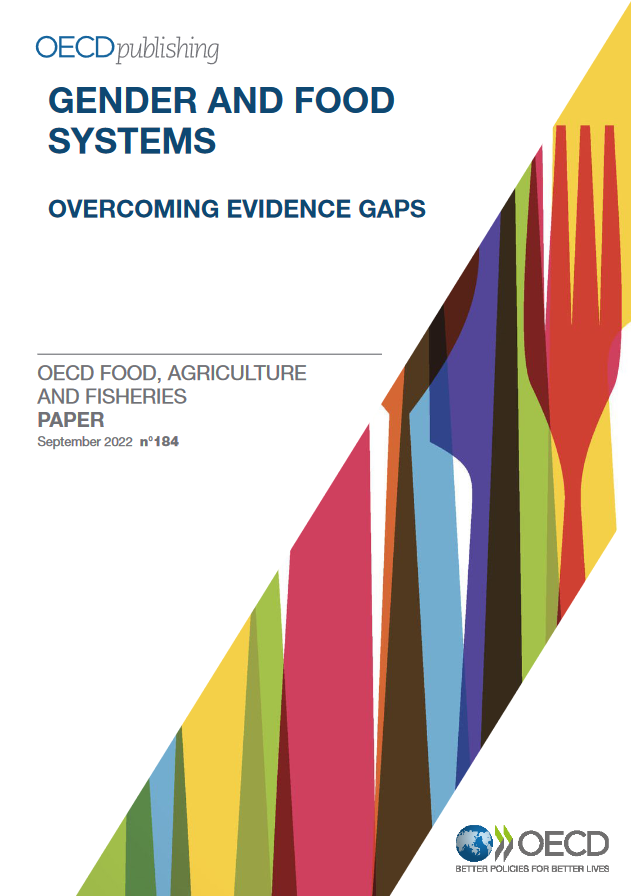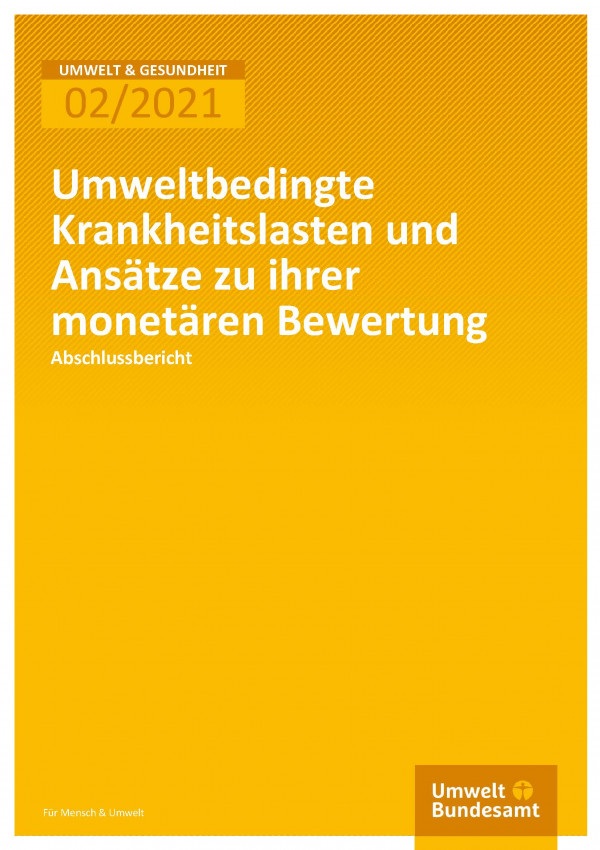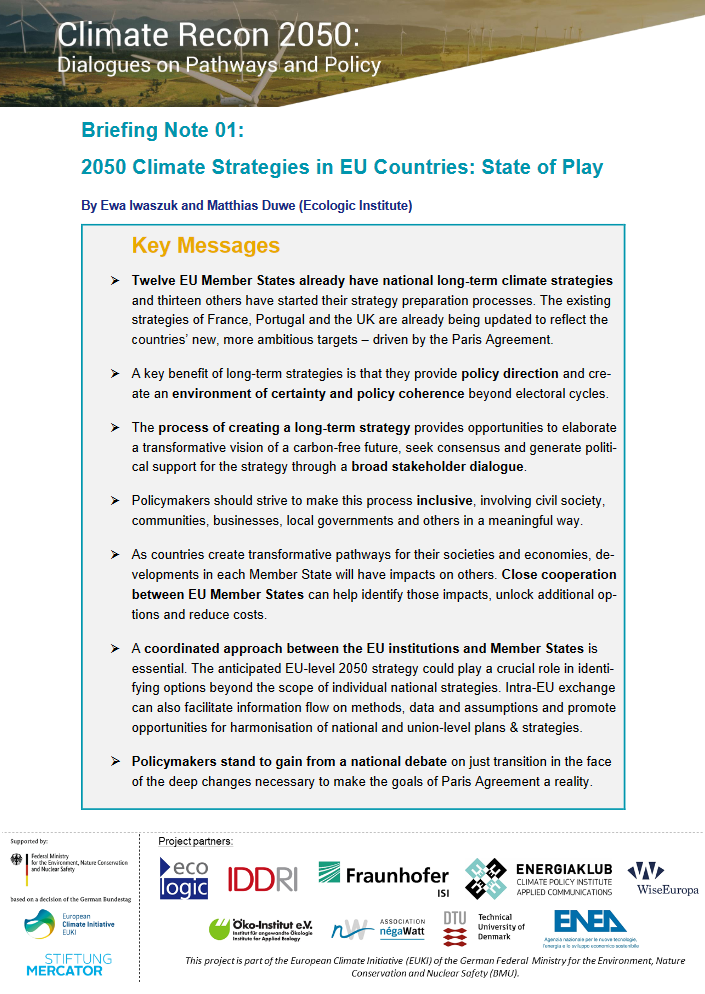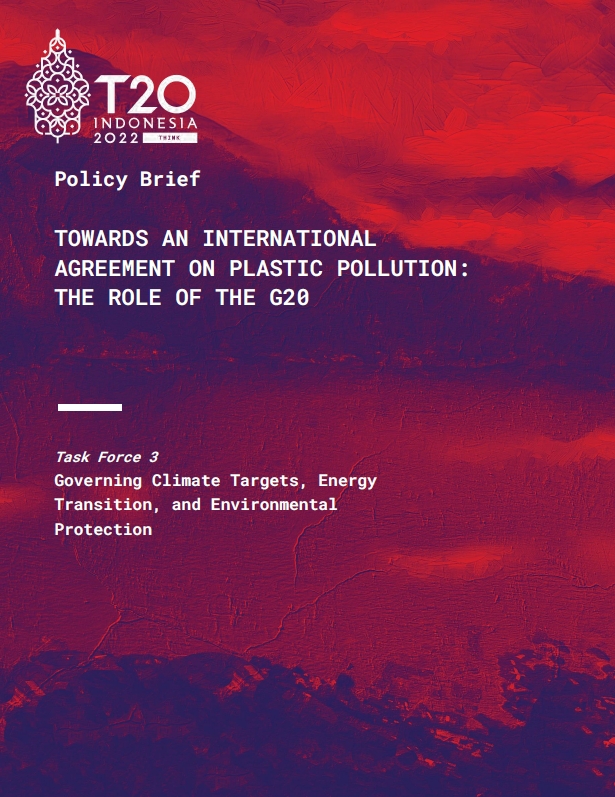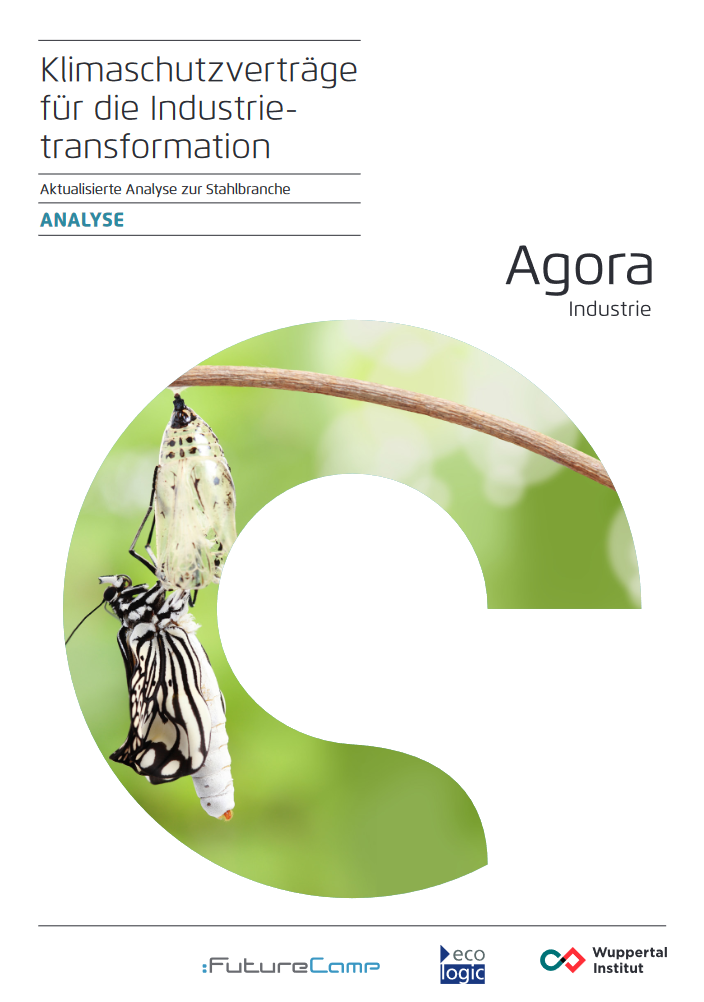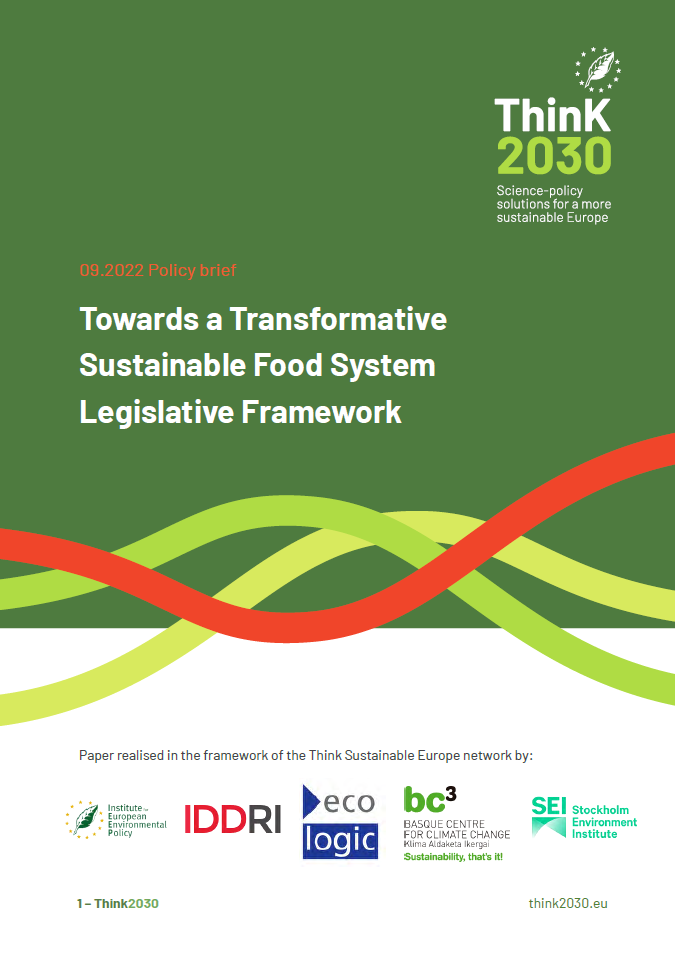Publication:Article
Publication:Article
Publication:Report
Event:Digital Event
Publication:Report
Publication:Document
Publication:Article
Publication:Article
Publication:Policy Brief
Towards an International Agreement on Plastic Pollution: The Role of the G20
T20 Policy Brief
Year
Read morePublication:Article
Publication:Report
Publication:Policy Brief
Event:Conference
Microplastics in Soils
A threat for human health and the environment?
-
online, Berlin,
Germany
